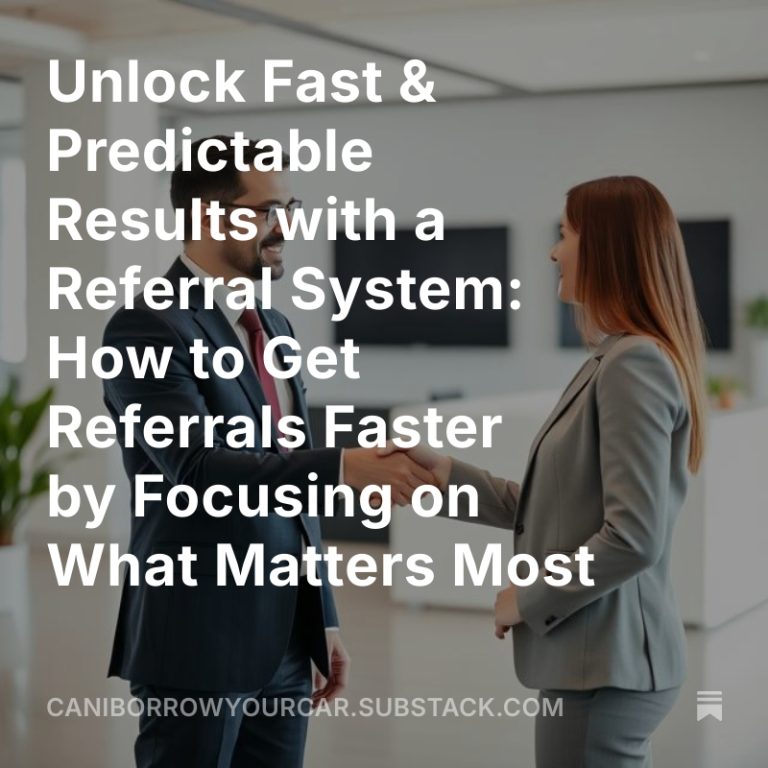Do you know your business model? Seriously, I am not talking about your comp/payout here.
How do you drive EBITDA and enterprise value in your business (if it’s not written down…you don’t really know it) as a financial advisor/planner? This question becomes even more critical if you are a fellow CEPA designee and are looking to become the choice after a client exits? Knowing your business model and having a realistic view of your parent companies is vital for happiness and success.
How does your broker/dealer/RIA/et al figure into this?
In many ways:
- There is a big attrition rate in the industry at around 3 years where advisors that survive the first 3 years are sick and tired of where they started and leave their firm of origin. This is because, in almost all cases, the way you are forced to begin your career in our industry is 100% not the way you want to continue your career. In short, their business model becomes contrary to yours.
- At the next phase of your career 3-10 years you are becoming highly skilled and (hopefully) are starting to identify particular areas of subject matter expertise that interest you and are interesting to your emerging ideal client archetype. At this point we have another potential conflict between business models. The one that started to deliver significant income might not be ideal for where you want to specialize and enjoy the rest of your career.
- 5 years to exit/retirement/fly fishing full-time is where another challenge of business models often occurs. You are at the peak of your skills (or marginally less) and have realized that while your current model meets all of your needs, it will not be as attractive to a potential buyer (if you are still focused on your income as a primary driver you are absolutely missing out) and/or internal succession. This is one of the most painful changes in the business model…and potentially the most lucrative.
Summary: The ideal business model for your financial services business is rarely (if ever) the same as your broker/dealer/RIA/Custodian/etc. They are running a business that is different from yours (in most cases) and that has different KPI’s and profit margins.
Opportunity: Define for yourself, both for the immediate future and length of your career what an ideal busines model will be for you and your future team if any. Then evaluate where you are located right now and compare the two models and evaluate if a change is remotely worth it.
Note: There is, all in all, not too much of a difference in overal compensation when you become a top 10% advisor at any firm. The real difference (and it can be massive) is how the firm’s business model either conflicts with or enhances yours. Additionally, I work with very successful financial advisors at almost all the major firms that are very happy where they are. The key is not being ignorant about the relationship and embracing transparency as a strength.
Any questions, comments or concerns? I am always up for a discussion!
All the best,
Mike





